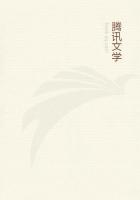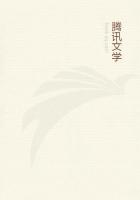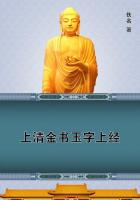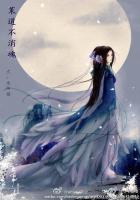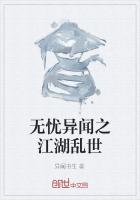What is the highest good, whether pain be an evil, whether all things be fated, whether we can be certain of anything, whether we can be certain that we are certain of nothing, whether a wise man can be unhappy, whether all departures from right be equally reprehensible; these, and other questions of the same sort, occupied the brains, the tongues, and the pens of the ablest men in the civilised world during several centuries. This sort of philosophy, it is evident, could not be progressive. It might indeed sharpen and invigorate the minds of those who devoted themselves to it; and so might the disputes of the orthodox Lilliputians and the heretical Blefuscudians about the big ends and the little ends of eggs. But such disputes could add nothing to the stock of knowledge. The human mind accordingly, instead of marching, merely marked time. It took as much trouble as would have sufficed to carry it forward; and yet remained on the same spot. There was no accumulation of truth, no heritage of truth acquired by the labour of one generation and bequeathed to another, to be again transmitted with large additions to a third.
Where this philosophy was in the time of Cicero, there it continued to be in the time of Seneca, and there it continued to be in the time of Favorinus. The same sects were still battling with the same unsatisfactory arguments, about the same interminable questions. There had been no want of ingenuity, of zeal, of industry. Every trace of intellectual cultivation was there, except a harvest. There had been plenty of ploughing, harrowing, reaping, threshing. But the garners contained only smut and stubble.
The ancient philosophers did not neglect natural science but they did not cultivate it for the purpose of increasing the power and ameliorating the condition of man. The taint of barrenness had spread from ethical to physical speculations. Seneca wrote largely on natural philosophy, and magnified the importance of that study. But why? Not because it tended to assuage suffering, to multiply the conveniences of life, to extend the empire of man over the material world; but solely because it tended to raise the mind above low cares, to separate it from the body, to exercise its subtilty in the solution of very obscure questions.[Seneca, Nat. Quaest. praef. Lib. iii.] Thus natural philosophy was considered in the light merely of a mental exercise. It was made subsidiary to the art of disputation; and it consequently proved altogether barren of useful discoveries.
There was one sect which, however absurd and pernicious some of its doctrines may have been, ought, it should seem, to have merited an exception from the general censure which Bacon has pronounced on the ancient schools of wisdom. The Epicurean, who referred all happiness to bodily pleasure, and all evil to bodily pain, might have been expected to exert himself for the purpose of bettering his own physical condition and that of his neighbours. But the thought seems never to have occurred to any member of that school. Indeed their notion, as reported by their great poet, was, that no more improvements were to be expected in the arts which conduce to the comfort of life.
"Ad victum quae flagitat usus Omnia jam ferme mortalibus esse parata."
This contented despondency, this disposition to admire what has been done, and to expect that nothing more will be done, is strongly characteristic of all the schools which preceded the school of Fruit and Progress. Widely as the Epicurean and the Stoic differed on most points, they seem to have quite agreed in their contempt for pursuits so vulgar as to be useful. The philosophy of both was a garrulous, declaiming, canting, wrangling philosophy. Century after century they continued to repeat their hostile war-cries, Virtue and Pleasure; and in the end it appeared that the Epicurean had added as little to the quantity of pleasure as the Stoic to the quantity of virtue.
It is on the pedestal of Bacon, not on that of Epicurus, that those noble lines ought to be inscribed "0 tenebris tantis tam clarum extollere lumen Qui primus potuisti, illustrans commoda vitae."
In the fifth century Christianity had conquered Paganism, and Paganism had infected Christianity. The Church was now victorious and corrupt. The rites of the Pantheon had passed into her worship, the subtilties of the Academy into her creed. In an evil day, though with great pomp and solemnity,--we quote the language of Bacon,--was the ill-starred alliance stricken between the old philosophy and the new faith. [Cogitata et visa.] Questions widely different from those which had employed the ingenuity of Pyrrho and Carneades, but just as subtle, just as interminable, and just as unprofitable, exercised the minds of the lively and voluble Greeks. When learning began to revive in the West, similar trifles occupied the sharp and vigorous intellects of the Schoolmen. There was another sowing of the wind, and another reaping of the whirlwind. The great work of improving the condition of the human race was still considered as unworthy of a man of learning. Those who undertook that task, if what they effected could be readily comprehended, were despised as mechanics; if not, they were in danger of being burned as conjurers.

